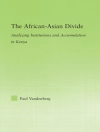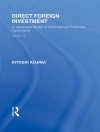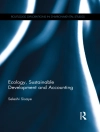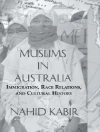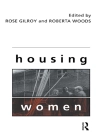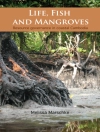WHITE WINE ENOLOGY could also be titled as SCIENCE AND PRACTICE OF WHITE WINEMAKING. It is characterized by two particular features: Firstly, it is authored by a practitioner who has worked his whole life in decision-making technical positions in the wine industry. Secondly, it is dedicated exclusively to the enology of white wines, and focuses its attention on flavor preservation rather than strategies that seek to obtain short-lived quality benefits. In doing so, it addresses one of the most important issues of white winemaking, which is the limited shelf life and flavor stability of most such wines, and shows how different white wine enology is from red.
Due to the complex chemical process of white wine aging that goes well beyond oxidative aging, this book has a strong focus on sensory analysis throughout. It specifies the flavor-active compounds responsible for aging-related faults, identifies the chemical mechanisms of their formation, and clearly defines the decisive measures to take in order to mitigate them and improve flavor stability.
While this book includes a deep treatment of the scientific fundaments of the different kinds of white wine aging, it also examines typical engineering issues common to commercial winemaking. Thus, it provides numerous practical hints and technical details of hands-on winery work and a valuable insight into the inherently cross-disciplinary nature of fine white winemaking. Extensive personal experience was decisive for this purpose.
Volker Schneider was founder of the international consulting firm Schneider-Oenologie, which specialized in innovative winery operations, product development, quality control, and research. He has authored more than 450 technical articles and a range of scientific papers on these topics. He was also lecturer of enological chemistry at Geisenheim University.
Despre autor
Volker Schneider graduated in enology and was founder of the international consulting firm Schneider-Oenologie, which specialized in innovative winery operations, product development, lab quality control, and research. His professional activities have taken him to many wine-growing countries on both sides of the Atlantic Ocean. He has authored more than 450 technical articles and a range of scientific papers on these topics. He was also lecturer of enological chemistry at Geisenheim University.


